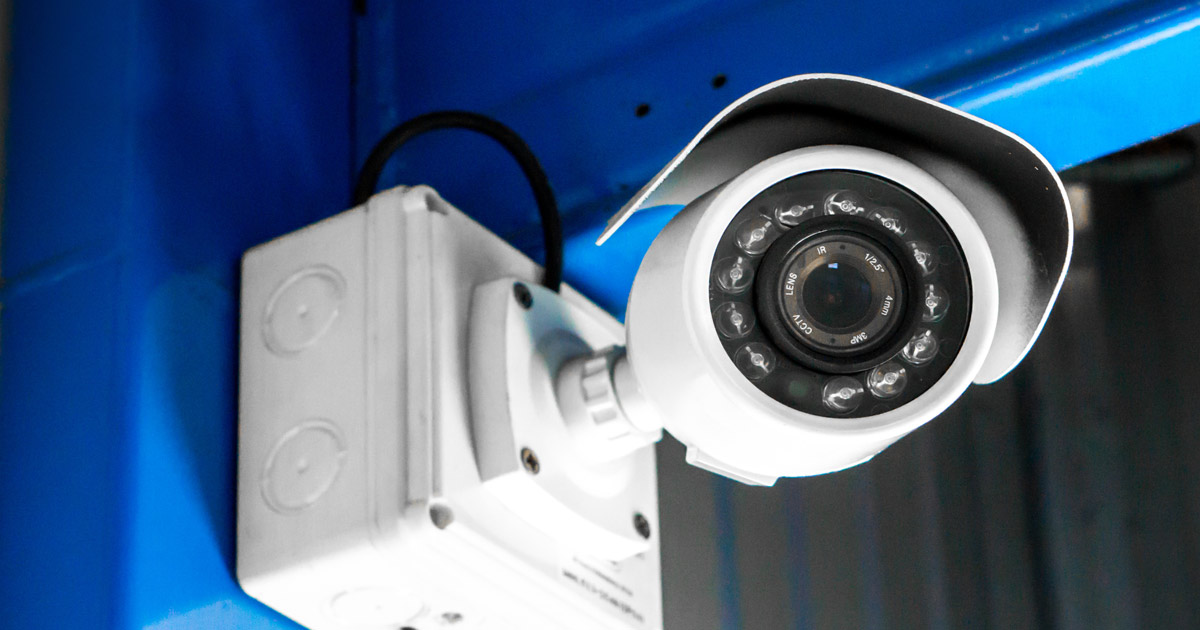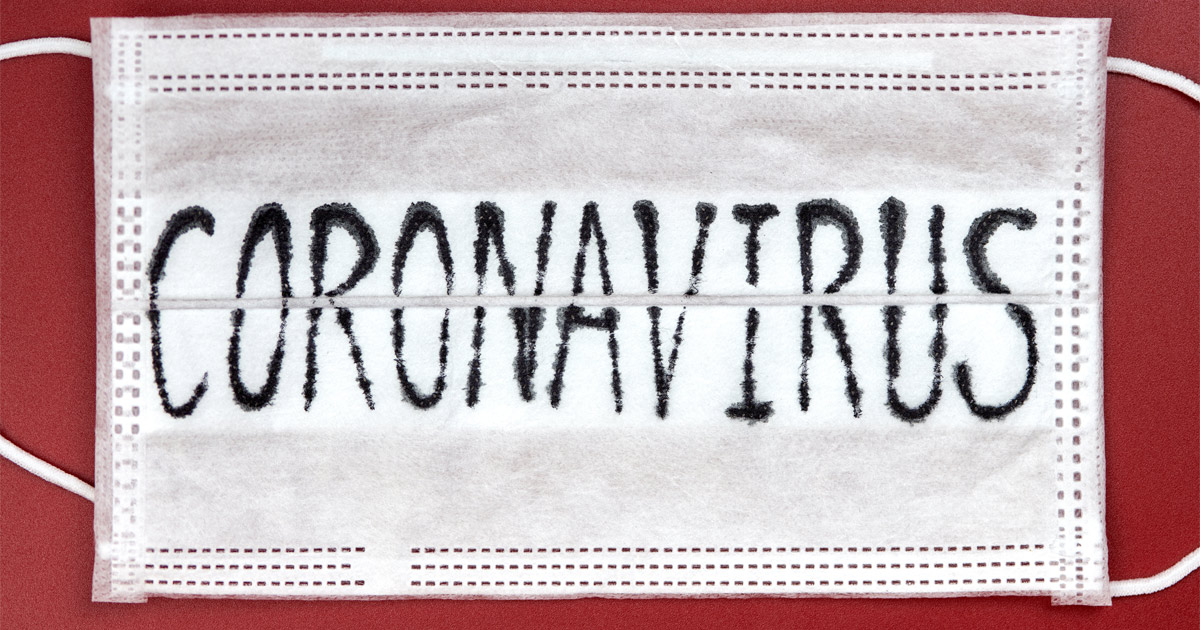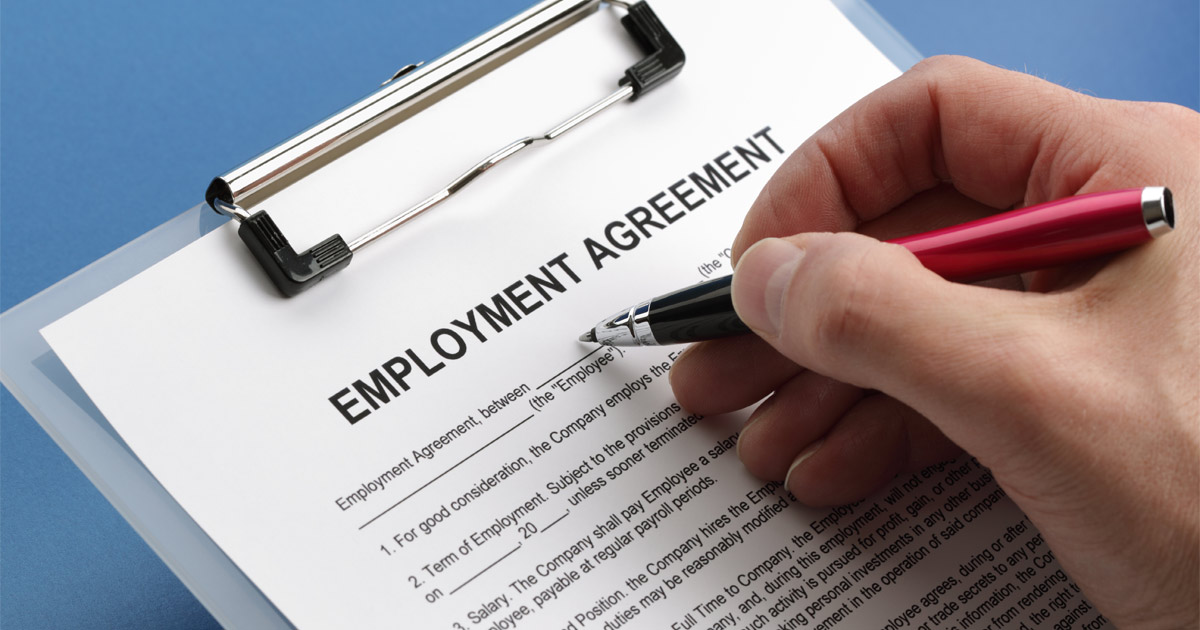What are the New Guidelines for Employers from OSHA?

The U.S. Occupational Safety and Health Administration (OSHA) has laid out its guidance outlining the procedures companies should enact to increase the safety of employees in the waning months of the Coronavirus (COVID-19) pandemic. As COVID-19 made its way into the United States, many states had to shut down, which forced numerous businesses to close. However, many could not remain closed for long or else they risked having to close their doors permanently. Those that pushed to re-open implemented policies to protect their employees and keep them safe. There have not been any national standards provided for what business should be doing to ease employee fears. In February, OSHA released new guidance and suggestions, including implementing a COVID-19 Prevention Program.
What is a COVID-19 Prevention Program?
OSHA suggested that all companies develop a COVID-19 Prevention Program, which establishes certain key elements around the workplace. Those elements include:
- Conducting a hazard assessment;
- Identifying measures that limit the spread of COVID-19 at work;
- Adopting measures to segregate employees who have the virus or were exposed to it; and
- Protecting employees who raise concerns about COVID-19.
OSHA suggests that employers work with their employees to determine which elements they can implement and how they intend to do that.
How can I Prevent the Spread of COVID-19 at my Workplace?
Containing and limiting the spread of COVID-19 is a major concern for many people. To protect employees, OSHA offers several suggestions on ways to prevent the spread of the virus, including:
- Implement physical distancing: Firms should attempt to distance desks and other working areas at least six feet apart to prevent the spread of the virus.
- Install barriers: In some instances, it might be difficult to separate desks from significant distances. In those cases, it makes sense to put up barriers between desks.
- Wear a mask: While not a popular activity, many believe that wearing a mask will limit the chances of spreading the virus.
Workers need to take some personal responsibility as well. They should follow the guidelines established by their employer and practice good hygiene. Employees should also report any health problems they might have, including any potential exposure to someone who has been diagnosed with COVID-19.
What Steps Should be Taken to Protect Employees?
Preventing the spread of COVID-19 should be a team effort. Employers should work with their employees to coordinate policies that will not hinder their job performance. To that end, OSHA recommends the appointment of a workplace coordinator, who will work with management to ensure that all procedures are being implemented and followed. That person can also be contacted if an employee has a problem with certain procedures or wishes to file a complaint about someone not following the procedures.
In addition, employers should always maintain a line of communication with their employees about the policies that they are putting in place and why. Another recommendation is that employers conduct regular training sessions for employees to review policies. The session would be a good opportunity to help employees adapt to any new policies that are pending and learn about the rationale behind why the company is implementing certain policies. Employers should also establish a thorough daily cleaning regime. Establishing these policies and procedures in advance will enable employers to react quickly to most situations to minimize the impact they have on their employees.
Philadelphia Employment and Labor Lawyers at Sidkoff, Pincus & Green P.C. Help Employers and Employees with COVID-19 Concerns in the Workplace
If you feel your company is failing to take adequate measures to protect you and your colleagues from COVID-19 or if your employer has retaliated against you because you spoke out about their policies, the Philadelphia employment and labor lawyers at Sidkoff, Pincus & Green P.C. can help. For an initial consultation, contact us online or call us at 215-574-0600. Located in Philadelphia, we serve clients throughout South Jersey and Pennsylvania.




















